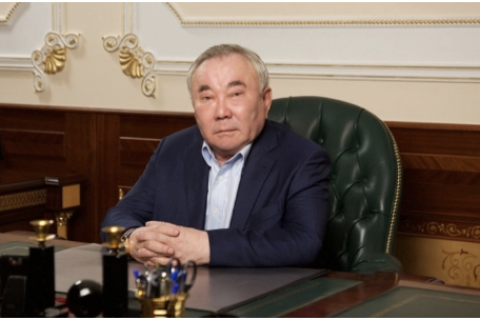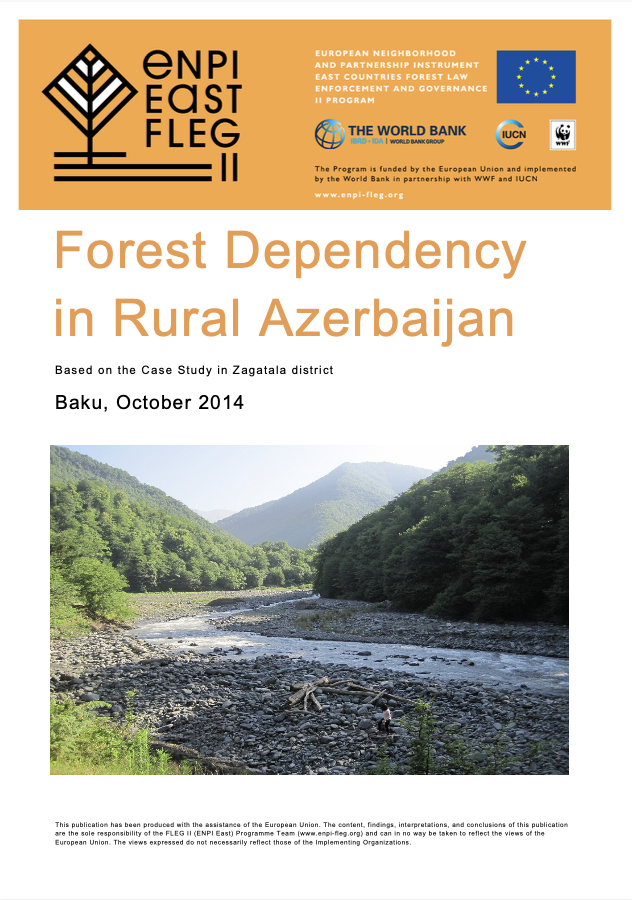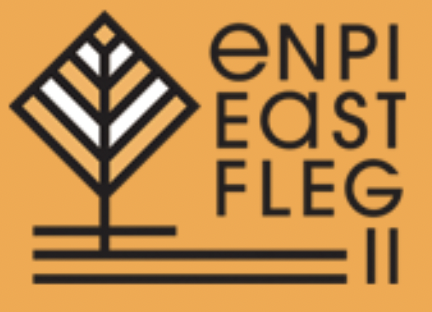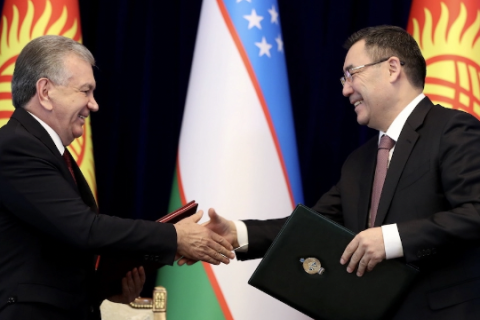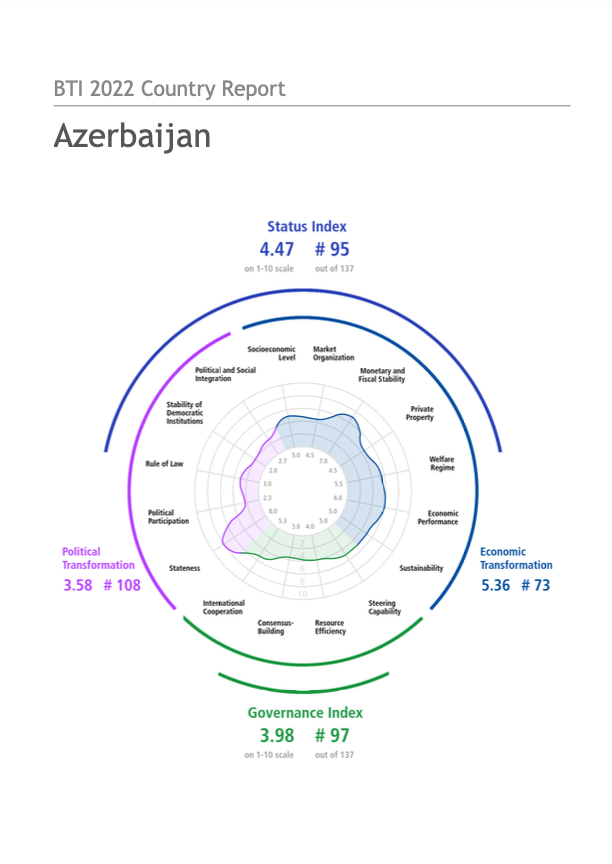
Topics and Regions
Daniel Hayward (UK) worked around Europe for 15 years as a dancer, choreographer and dance writer. Following retraining in sustainable development, he now works as an international development researcher, focused on land relations, agricultural value chains, gender, and migration. As well as working for Land Portal, Daniel is the project coordinator of the Mekong Land Research Forum at Chiang Mai University, and consultant for a variety of local and international NGOs and research institutes.
Details
Location
Contributions
Displaying 51 - 60 of 835Kazakhstan: Swathes of land confiscated from Nazarbayev’s brother ahead of vote
Forest Dependency in Rural Azerbaijan
In the Republic of Azerbaijan forested areas cover 1,021 hectares of the land, which is 11.8% of the country’s territory. In the 18th-19th centuries however, this figure stood at 30- 35%. The per capita forest area is 0.12 hectares, which is 4 times less (0.48 hectares) than the average international indicator.
European Neighborhood and Partnership Instrument East Countries Forest Law Enforcement and Governance II Program
Implementation of pasture leasing rights for mobile pastoralists – a case study on institutional change during post-socialist reforms in Azerbaijan
Our study focuses on pasture reform in Azerbaijan within the context of transition and pasture reform in Central Asian and Caucasian countries. Despite the rapid emergence of individualised rights for pasture plots, which is an exceptional development in this region, pasture reform in Azerbaijan has received little attention in the scientific literature.
Doing Business in Azerbaijan
According to the Constitution adopted on 12 November 1995, Azerbaijan is a democratic, secular, unitary republic based on the rule of law. The country is governed by the president, who is directly elected for a seven-year term by popular vote. Azerbaijan’s vast oil reserves attract foreign investment into the country’s economy. Several major oil contracts have been signed since 1994.
Azerbaijan: Moving towards more diversified, resilient, and inclusive development
Azerbaijan has set the course for the economy to reduce its dependence on oil by promoting new drivers of growth. This publication emphasizes the need for diversification, particularly in the agriculture, tourism, and manufacturing sectors. By 2025, under the Strategic Roads Maps of the Government of Azerbaijan, a more diversified economy should take shape led by these three sectors. Bold reforms need to strengthen areas of the economy that could otherwise impede this transition, and policy makers must resolutely stay on the reform path.
Strengthening Functional Urban Regions in Azerbaijan
This publication helps guide investment planning and financing across key urban infrastructure sectors of Azerbaijan. It aims to improve the performance of cities—with a focus on economy, equity, and environment. The National Urban Assessment for Azerbaijan is among a series prepared by ADB for selected developing countries under its Urban Operational Plan 2012–2020.
BTI 2022 Country Report Azerbaijan
During the reporting period, the consolidation of authoritarian rule in Azerbaijan continued. Snap parliamentary elections in February 2020 did not meet international standards for free and fair competition. However, some notorious high-ranking state officials were fired, and corrupt local level administrators detained on corruption charges. These developments, in addition to the appointment of some young professionals to ministerial posts, raised hopes for a possible opening of the country to real reforms and changes.

